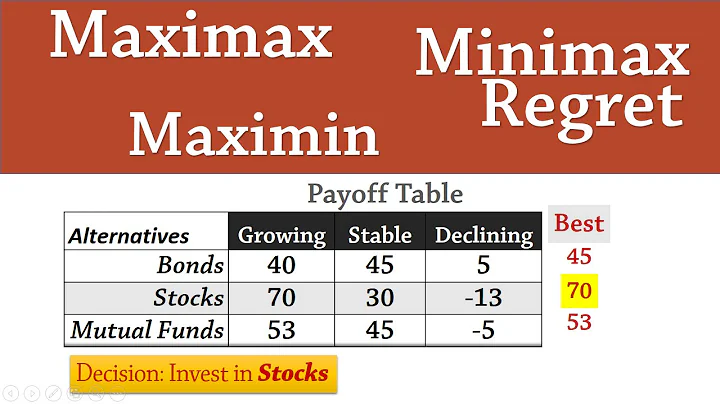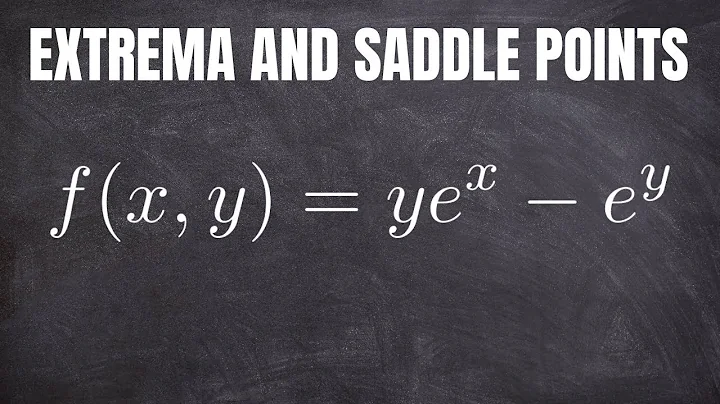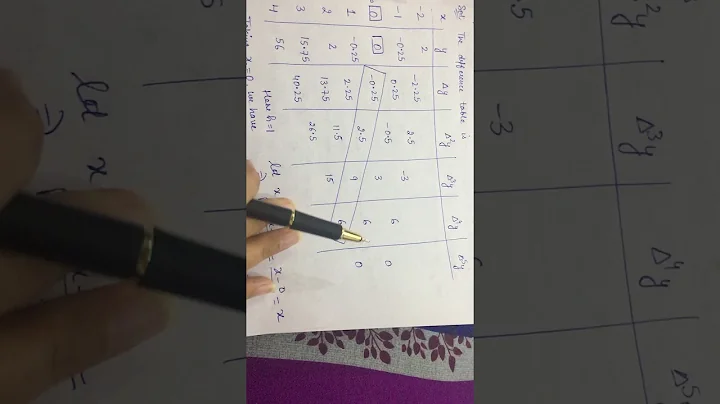Julia: Find the indices of all maxima
12,498
Solution 1
If this is not a bottleneck
A = [1, 2, 3, 3, 3]
A_max = maximum(A)
find(a->a==A_max, A)
Will give you what you need, but it does go over the array twice.
Solution 2
You can also use comprehensions. The array will be iterated twice.
v = [1, 2, 3, 3, 3]
maxval = maximum(v)
positions = [i for (i, x) in enumerate(v) if x == maxval]
If performance is critical then the following algorithm may work:
function findallmax(arr)
max_positions = Vector{Int}()
min_val = typemin(eltype(arr))
for i in eachindex(arr)
if arr[i] > min_val
min_val = arr[i]
empty!(max_positions)
push!(max_positions, i)
elseif arr[i] == min_val
push!(max_positions, i)
end
end
max_positions
end
one iteration is required.
Related videos on Youtube
Author by
Code Pope
Software developer for more than a decade. "From my point of view, code is the light that illuminates the darkness, even if it does not dissolve it, and a spark of divine light is within each of us."
Updated on July 13, 2022Comments
-
 Code Pope almost 2 years
Code Pope almost 2 yearsIn Julia you can use
findmaxorindmaxto find the index of the biggest entry in a matrix. But if you have multiple entries with this maximum value, you get the index of the first one. How can I get the indices of all max value entries in a matrix? -
GNUSupporter 8964民主女神 地下教會 almost 5 years
findcan no longer be found in the docs for v1.1.0. -
passerby51 over 4 yearsAs of now
findall(A .== maximum(A))seems to work. -
passerby51 over 4 yearsor
findall(x->x==maximum(A), A). -
 wueli about 4 yearsThe performance of
wueli about 4 yearsThe performance offindallmaxdepends heavily on the amount of new maxima found. I.e.findallmax(1:2000)takes 10 times longer thanfindallmax(2000:-1:1)and takes also longer thanfindall(A .== maximum(A))in this case.
















